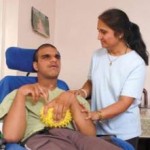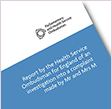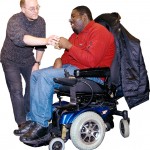
The recent publication of Raising Our Sights, the DH report into support for people with profound intellectual and multiple disabilities set out a challenge for everyone concerned with understanding and responding to people with such disabilities. A number of projects have produced practical guides for involving and engaging with people, for example, Mencap’s Involve Me [read the full story…]







